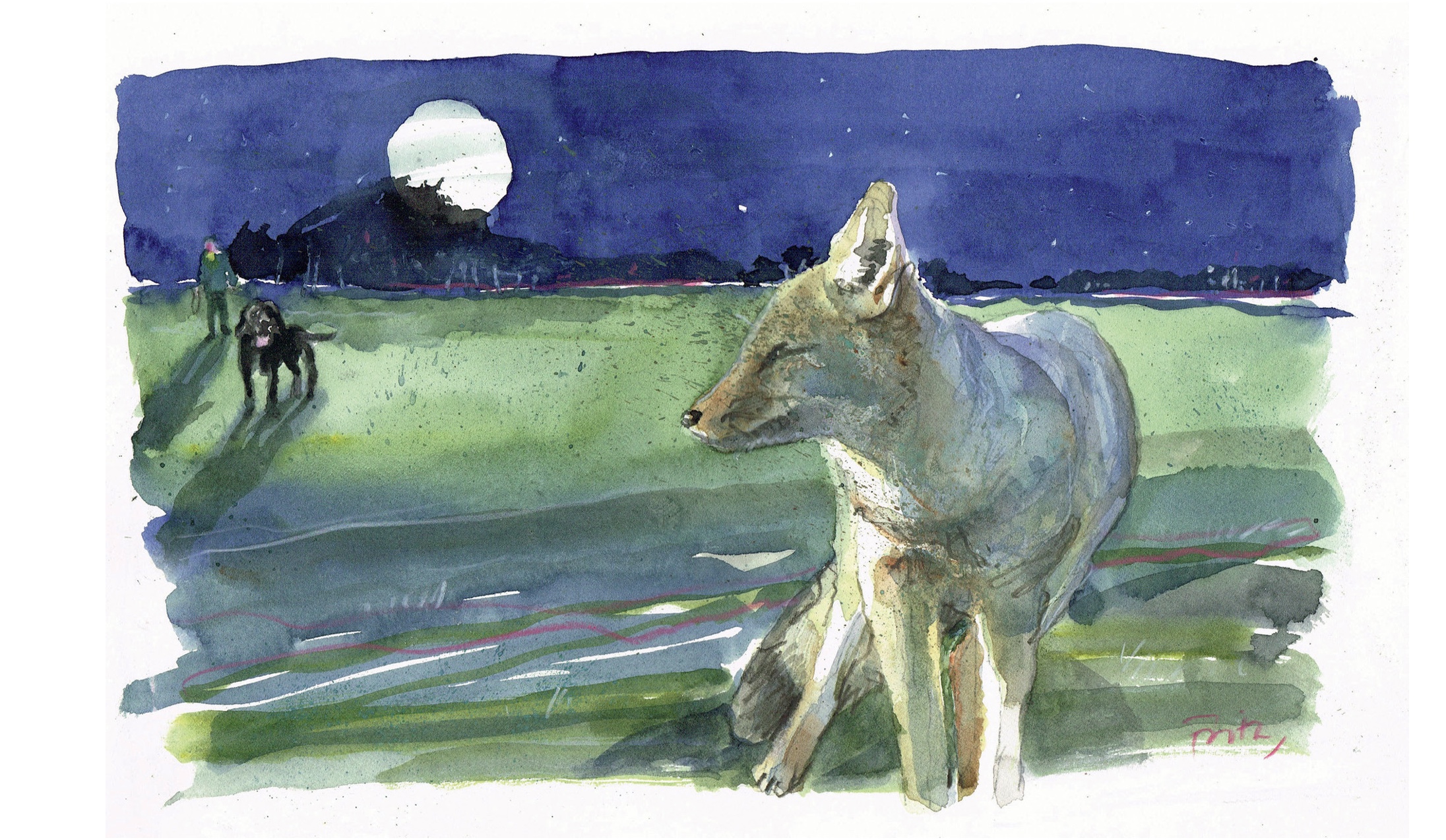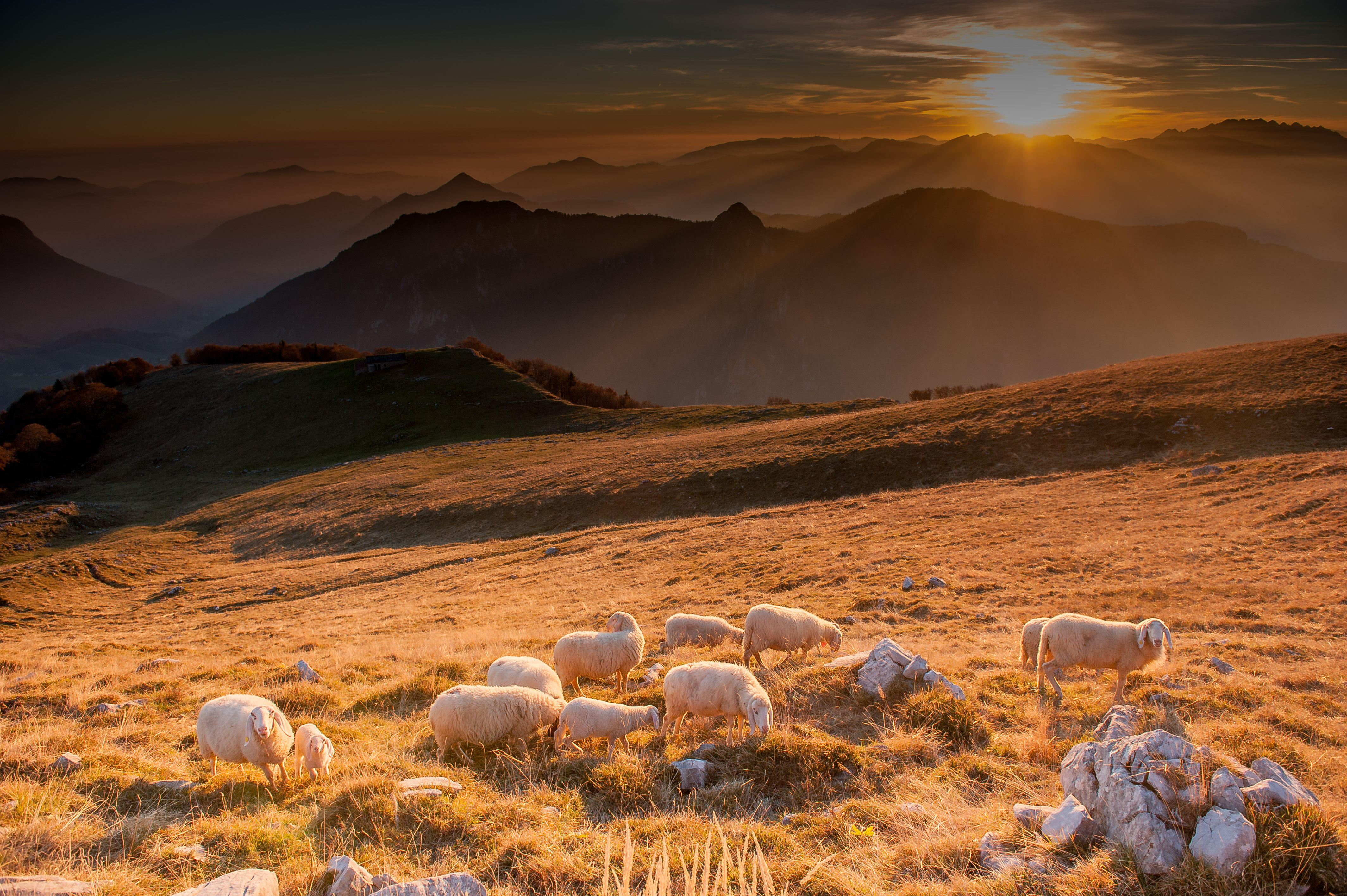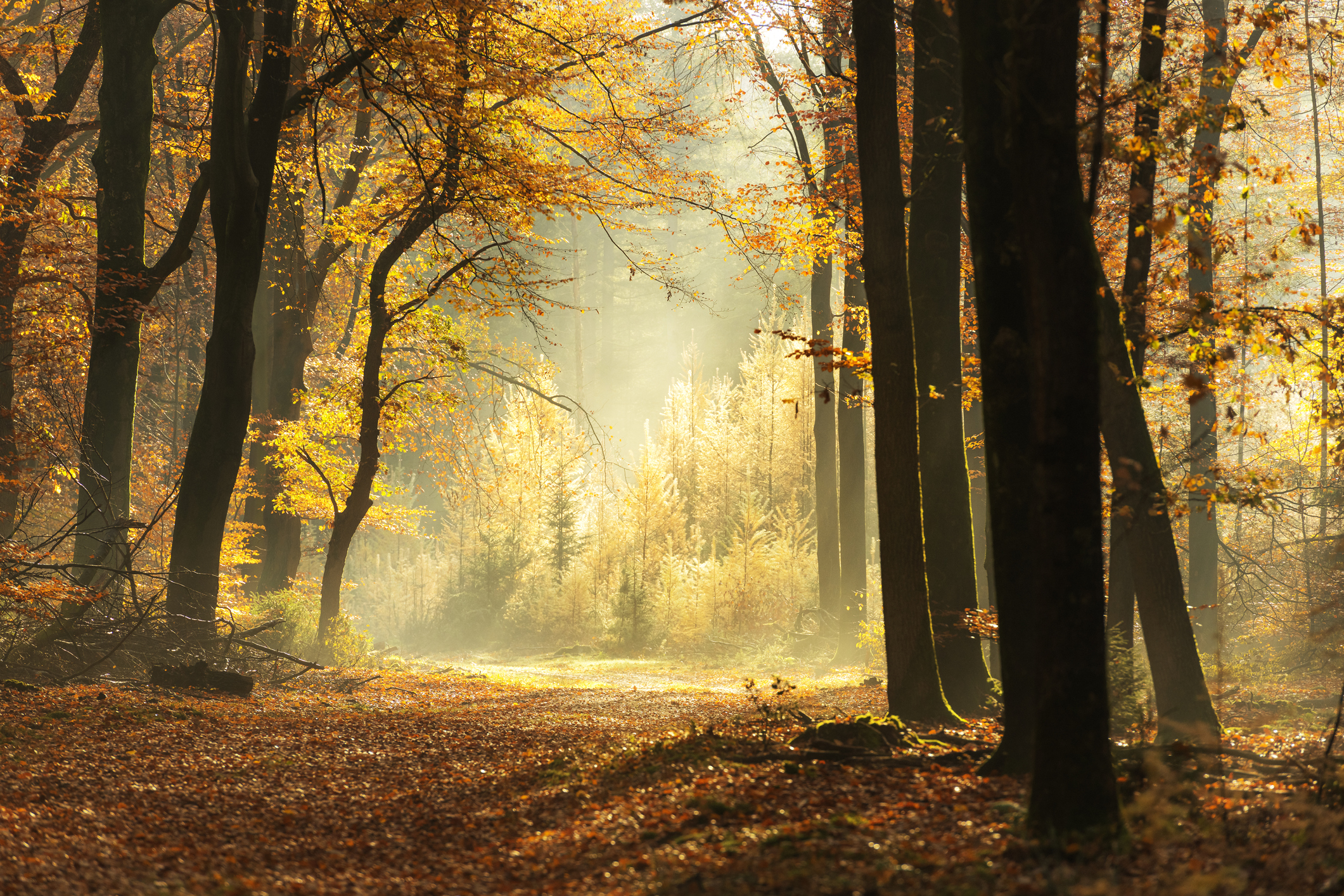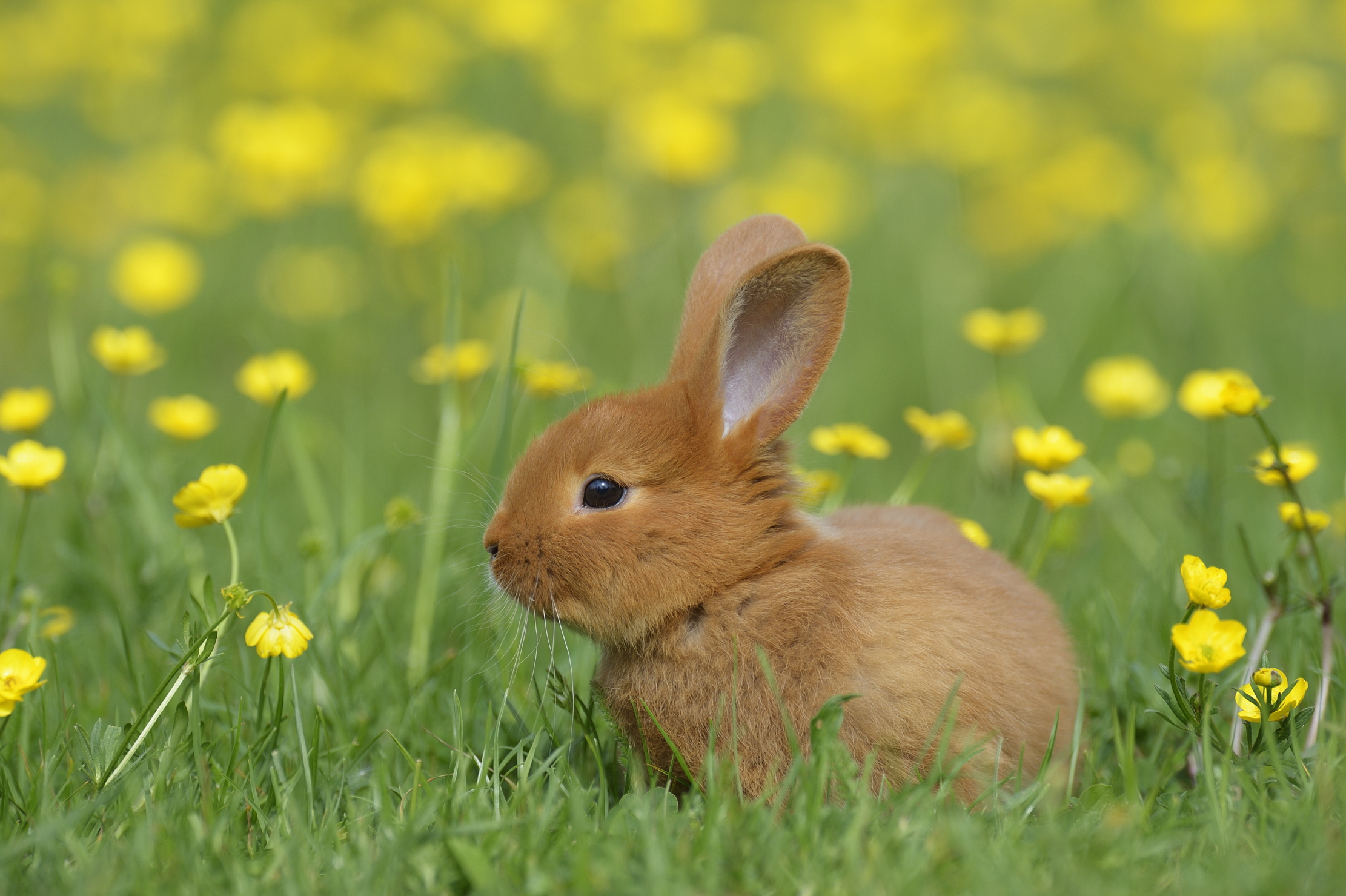John Lewis-Stempel: The night Plum and I found the real 'Star of Wonder, Star of Night'
As with the famous carol, John Lewis-Stempel and his labrador Plum are spellbound by the stars ‘with royal beauty bright’, as they are guided home ‘to thy perfect light’ after checking the sheep at midnight. Illustration by Michael Frith.

Look at the stars! look, look up at the skies! O look at all the fire-folk sitting in the air! The bright boroughs, the circle-citadels there! Down in dim woods the diamond delves! the elves’-eyes! The grey lawns cold where gold, where quickgold lies — Gerard Manley Hopkins, ‘The Starlight Night’
Midnight, in the midnight of the year. We were late back from the carol service and the inevitable post-event mince pies, but I could not go to bed. There were animals to be checked, which was no chore really: who would not want to be out and about under a black velvet sky strewn with diamonds and a snowball moon? In my ears, of course, hummed the words of Nahum Tate’s While shepherds watched their flocks by night. In Christ-time, shepherds on the night-watch were seated on the ground; the modern shepherd walks or takes the quad-bike, but the principle of watchful care remains the same. Shepherding is eternal.
The starshine and the moonshine were sufficient to see the black dog excited to accompany the master on his rounds and that frost was clenching the land.
Under the vast dome of the silent starred sky, I took the familiar track up to the sheep; a barn owl quartered the horse field relentlessly, with a few beats, then a long glide on unmoving wings. When it banked to turn, the white of its breast was blinding and for a flash-second there were two moons in the sky, the lower moon made of feathers. The barn owl in the horse field usurped the previous and aged Tyto alba holder of the fiefdom a month back. Hail the new owl-king. The further up the track, the closer and more tantalising were the stars. I could have picked them and packed the pockets of my coat with jewels. Somewhere in the trees down by the brook, a vixen screamed for a mate; the sound, the loneliest sound in the world, stone-skipped down the frosted valley into nothingness. Midwinter is the main mating time for the foxes, but no dog fox answered her call.
Colder now, the dog and I hurried on and reached the sheep in their paddock; to the west there was only darkness and, far away in the east, the city lights floated in insubstantiality. I had a full view of the heavens above, the entire starry dome. Apart from the standard display of stars and planets, the Geminid meteor shower was in spate and brief brilliant streaks of white light crossed the sky, again and again. I gazed at the heavens and, like all humans hitherto, wondered. And a thought occurred: we all share the same stars. We are a fellowship under the stars, whomever, wherever.
I had taken a torch, but there was no need, under the starshine and the moonshine, to see on the pearled grass sheep as black as night; the flock stood warily and one or two ewes lowered their rears for the pee that precedes potential flight, then they recognised their shepherd and his dog and flopped back down to the ground to carry on their own ruminations.
Duty done, I decided to extend our walk; well, the night was heavenly. I cut across the meadow, deep and crisp with frost, as true and white as snow. The dog and I seemed like a scene observed from the outside, a line drawing from the Victorian era, Shepherd and Dog on a Winter’s Night. We entered the wood, where the scribbled scripture of the bare branches kept the stars at bay and we followed the path by memory. From somewhere unseen came the sharp snapping of fallen branches as deer fled; for a second, the corner of my eye detected white rumps flashing, like light buoys at sea. Then the wood returned to its winter quiet, which, in the freezing night, was absolute, except for the scratching of shiftless shrews among the iced fallen oak leaves. Poor shrews, unable to store fat, do not hibernate, and are condemned to eternal nocturnal seeking. Poor shrews, a touching, tender tragedy.
Sign up for the Country Life Newsletter
Exquisite houses, the beauty of Nature, and how to get the most from your life, straight to your inbox.
I shrunk further down into my coat. We were out of the wood, just into the long meadow, when the dog stopped dead, hackles raised and I almost fell over her: 50 yards away, a grey dog fox crossed our path. Either it failed to see us, or it imperiously ignored us (I fancy the latter) and it stuck to its course, nose in the air, until it was swallowed in a black hole of the hedge. Perhaps the vixen would be a lonely heart no longer.
In midwinter, like midsummer, the night seems enchanted, on the oniric cusp of a parallel dimension. The very air is charged with magic. I had been walking with the moon at my back; when I turned for home, it had been appointed with a perfect holy halo. Although I had encountered the phenomenon before, I faltered as if singled out for some almighty moment of revelation. The explanation for a moon ring is prosaic, being moonlight refracted through ice crystals in high cloud. The sight of one is divine.
By now, the dog and I had been out for nearly 40 minutes, so we headed for home. I had seen the stars, a barn owl, a fox and a lunar halo. These were the delights of a lowly shepherd’s walk in the night in winter.
Twice crowned victor of the Wainwright Prize for Nature writing, for ‘Where Poppies Blow’ and ‘Meadowland’, John Lewis-Stempel’s latest book, ‘Nightwalking’, is out now (Doubleday, £9.99)

Credit: Alamy Stock Photo
John Lewis-Stempel: Here’s looking at ewe, kid
Tasked with shearing his neighbour’s sheep late on a warm June night, the clickety-click of John Lewis-Stempel’s metal hand-shears is

Credit: Getty Images
John Lewis-Stempel: The stained-glass window made by nature
Plodding home in the gloaming, through a wood stripped bare by November gales, John Lewis-Stempel stumbles across a magical fairy
Toby Keel is Country Life's Digital Director, and has been running the website and social media channels since 2016. A former sports journalist, he writes about property, cars, lifestyle, travel, nature.
-
 Designer's Room: A solid oak French kitchen that's been cleverly engineered to last
Designer's Room: A solid oak French kitchen that's been cleverly engineered to lastKitchen and joinery specialist Artichoke had several clever tricks to deal with the fact that natural wood expands and contracts.
By Amelia Thorpe
-
 Chocolate eggs, bunnies and the Resurrection: Country Life Quiz of the Day, April 18, 2025
Chocolate eggs, bunnies and the Resurrection: Country Life Quiz of the Day, April 18, 2025Friday's quiz is an Easter special.
By James Fisher
